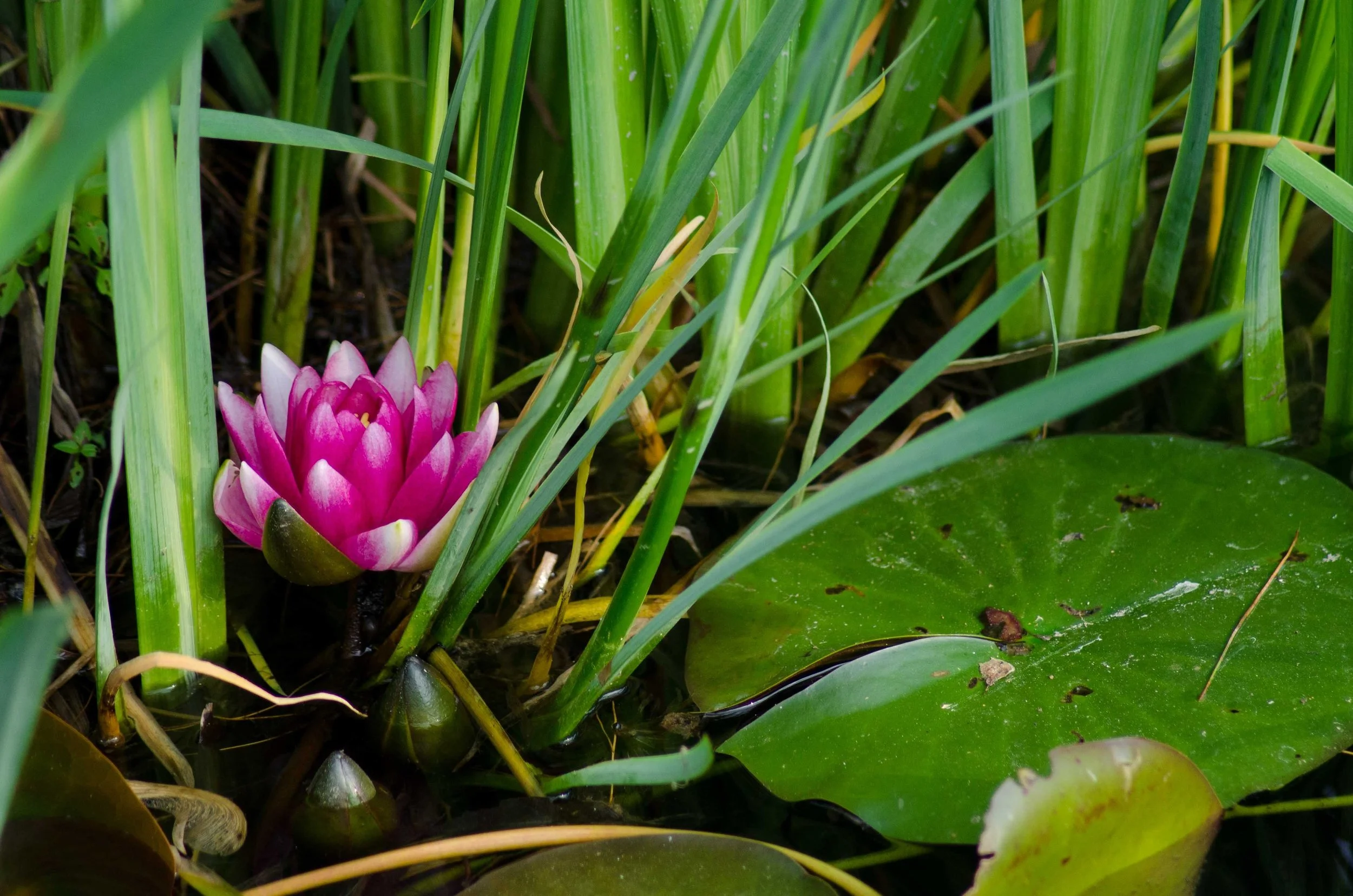Walking with the Psalmist
Psalm 13 is a song of David, and a prayer for help in trouble. What I love about the psalms of David are the parallels to my own emotional ups and downs. Let's dive in.
“1 How long, O Lord? Will You forget me forever?
How long will You hide Your face from me?
2 How long shall I take counsel in my soul,
Having sorrow in my heart all the day?
How long will my enemy be exalted over me?”
Pixabay
Do you ever feel like David? Do you ever wonder where God is? Does it seem as though He has forgotten you or is hiding His face from you? Have you ever felt like you are the only person you can trust? Do you ever have days where all you can feel is sorrow, or maybe you feel nothing at all, simply numb? Have you felt as though a very real, but unseen enemy is out to get you? Or maybe your enemy is something or someone real, like cancer, a hard nosed boss or a bully.
I have felt this way. The truth is, I think most of us have felt pretty much alone at some point or other in our lives. Sometimes, we carry burdens that we cannot share, which make us feel very alone and like the psalmist we cry out to God, "Where are you?"
“3 Consider and answer me, O Lord my God;
Enlighten my eyes, or I will sleep the sleep of death,
4 And my enemy will say, “I have overcome him,”
And my adversaries will rejoice when I am shaken.”
Pixabay
The psalmist asks God to consider his situation. David spent a good portion of his adult life running and hiding from his enemies. I'm pretty sure this song was born out of the frustration and exhaustion of not being able to live a normal life.
You are probably familiar with the phrase, the new normal. Most often this phrase is used by someone who has encountered a major life change, either a job loss, loss of a loved one, physical limitation or other difficulty that makes life different than it used to be. I used to be able to eat whatever I wanted, whenever I wanted. I can't do that anymore. Now life is made up of looking at food labels, cutting my food in half so I don't eat too much and cutting out things I used to enjoy like donuts and ice cream. This is the new normal.
I do not see anything wrong with asking God to consider us. We are His creation. Consider these verses:
“Consider the ravens, for they neither sow nor reap; they have no storeroom nor barn, and yet God feeds them; how much more valuable you are than the birds!”
Pixabay
“Consider the lilies, how they grow: they neither toil nor spin; but I tell you, not even Solomon in all his glory clothed himself like one of these.”
Photo credit Rebecca Trumbull
The one who has every hair on our heads numbered can most certainly be bothered to consider us, when we cry out to Him.
I think the psalmist was also praying for wisdom, or maybe he was just asking God to help him stay awake and keep vigilant watch for his enemies, lest they overcome him and he sleep the sleep of death. Either way we can ask God for help, whether it be for wisdom, or for physical strength.
“1 I will lift up my eyes to the mountains;
From where shall my help come?
2 My help comes from the Lord,
Who made heaven and earth.”
“I can do all things through Him who strengthens me.”
“ But if any of you lacks wisdom, let him ask of God, who gives to all generously and without reproach, and it will be given to him”
The last section of Psalm 13 is the upward swing.
“5 But I have trusted in Your lovingkindness;
My heart shall rejoice in Your salvation.
6 I will sing to the Lord,
Because He has dealt bountifully with me.”
Pixabay
There are four actions the psalmist does at the end of this song.
1. He remembers. He is speaking in the past tense, remembering other times the Lord has been faithful.
2. He trusts. He trusted in the Lord's lovingkindness in the past, and no doubt, will do so again.
3. He rejoices. His heart rejoices in the Lord's salvation. We can derive from this statement, the psalmist has seen the Lord's salvation before.
4. He sings. What a beautiful ending to a song that starts out at a rather low point. He can sing, because the Lord has dealt bountifully with him.
What does this mean for you and I? First, I believe it is okay to ask God the tough questions. Where are you, God? How long will you keep quiet and not answer me? How long am I going to have to suffer? When will your deliverance come? God knows our frame. He also knows we don't see the whole picture, so I truly believe He understands and has compassion when we come to Him with our ceaseless questioning. Think about the many times your children or grandchildren come to you asking, why or when? Do you yell at them and tell them to be quiet? (Well, maybe once in a while, ha, ha). More often we answer with kindness and love.
Secondly, I believe it is also alright to let God know we are at the end of ourselves. Consider and answer me, Lord, is a cry for help and reassurance, not a fist raised in defiance. God knows we hurt, sometimes in the deepest places of our being. There are people who suffer physically with pain we can't even imagine. There are people who hurt mentally or emotionally because of what others have done to them or to their family members. God knows our innermost hurts and struggles.
Finally, I think the key is to follow the psalmist's example and not stay in that mindset of discouragement. Like him we need to choose to remember what God has done for us. We need to trust in the God whose lovingkindness is everlasting. We can rejoice in His salvation. Not only has He saved us from sin through His son Jesus Christ, but He has saved us from difficulties we cannot begin to imagine. Lastly, sing! Sing like no one is listening. Sing to bring the house down. If it is an age old hymn sing it with gusto. If it is singing along to your favorite Christian band, turn up the volume.
Following David in his pattern of questioning, admitting and rejoicing we will be able to overcome.







